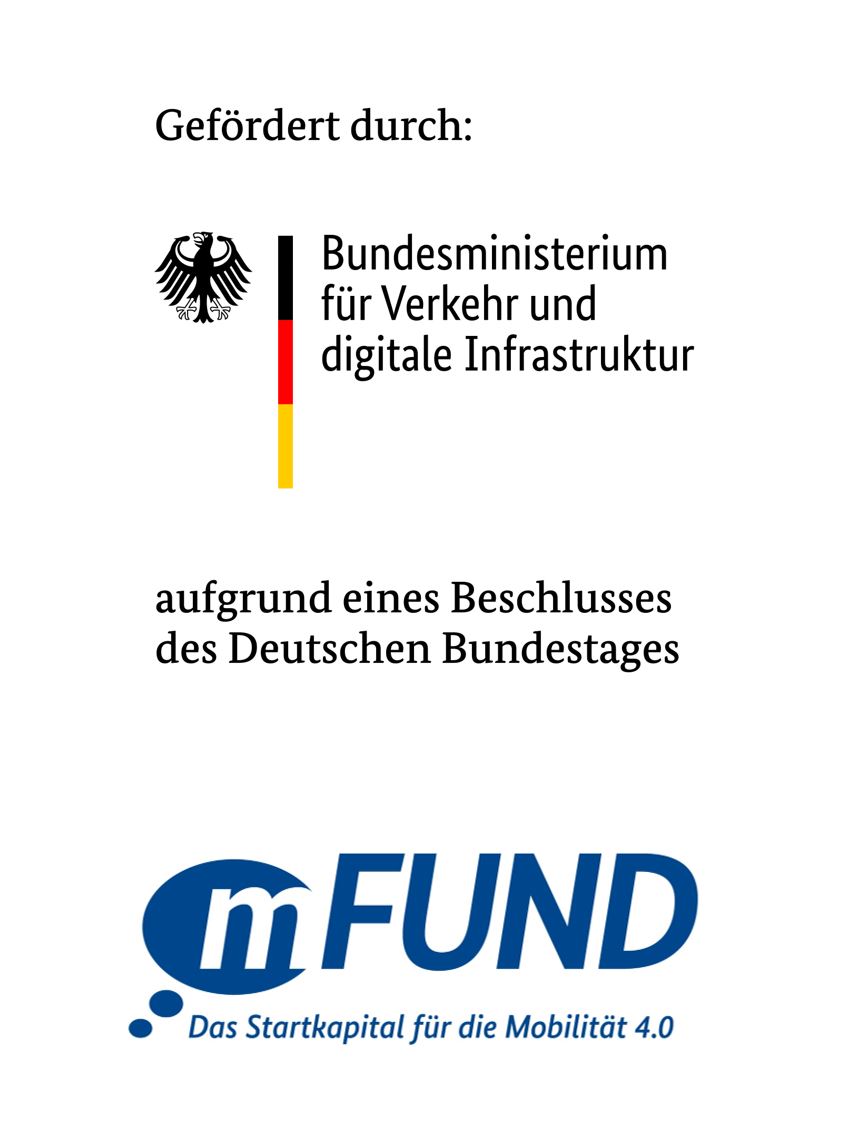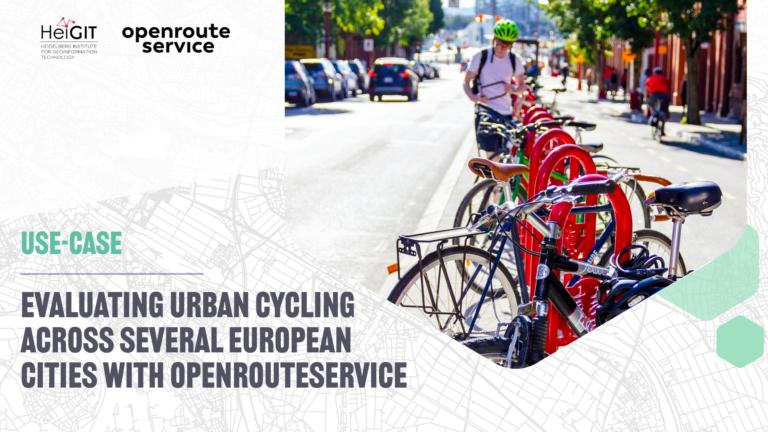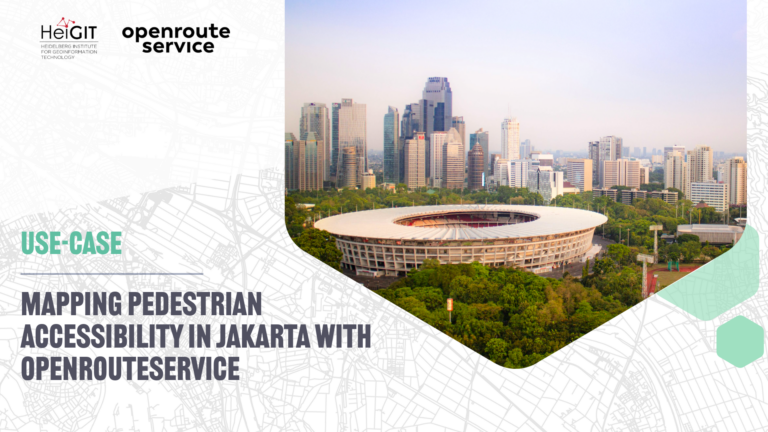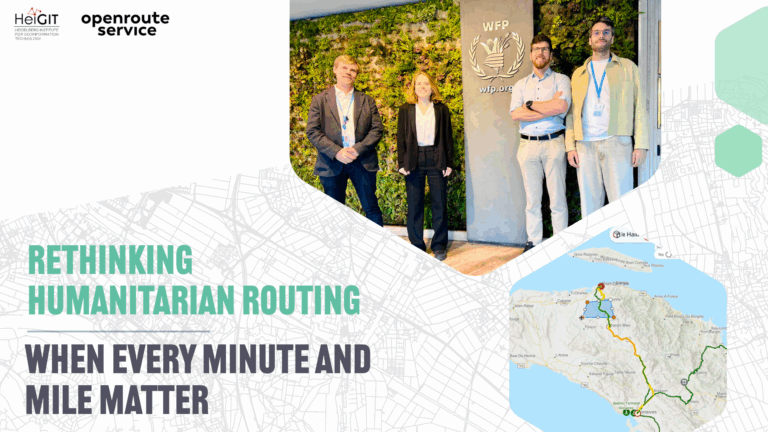Up-to-date traffic information is a prerequisite for navigation solutions to determine the best route and travel time. However, there is no freely available traffic information on a global and federal level. “SocialMedia2Traffic uses freely available data from social media such as Twitter messages,” says Prof. Zipf, “to determine current traffic information such as traffic density and speed for navigation.”
 The SocialMedia2Traffic (SM2T) project is funded with a total of 97,463 euros by the the German Federal Ministry of Transport and Digital Infrastructure (BMVI) as part of the Modernization Fund (”mFUND”) funding. SocialMedia2Traffic started on 01.02.2021 and runs until 31.01.2022. The HeiGIT gGmbH (Heidelberg Institute for Geoinformation Technology at the University of Heidelberg) as the network coordinator and the GIScience Research Group (Department of Geoinformatics, University of Heidelberg) as the project partner are working hand in hand on this project.
The SocialMedia2Traffic (SM2T) project is funded with a total of 97,463 euros by the the German Federal Ministry of Transport and Digital Infrastructure (BMVI) as part of the Modernization Fund (”mFUND”) funding. SocialMedia2Traffic started on 01.02.2021 and runs until 31.01.2022. The HeiGIT gGmbH (Heidelberg Institute for Geoinformation Technology at the University of Heidelberg) as the network coordinator and the GIScience Research Group (Department of Geoinformatics, University of Heidelberg) as the project partner are working hand in hand on this project.
In the SocialMedia2Traffic project, conclusions about current traffic density and speed are derived based on the geocoding of data from social media. “This traffic information will be made freely available via an interface and integrated into the open and free routing service OpenRouteService,” says Prof. Zipf. “The result is a better prediction of estimated arrival time depending on day of week and time of day.”
In the form of a feasibility study, selected regions will be used to show that this time-dependent traffic information can be derived in the federal territory and worldwide using machine learning. This information is to be made available per road segment. The evaluation of the results will be based on external open reference data. All results will be made available as open data and open source. Thus, the traffic information and further results can be used by everyone.
About HeiGIT gGmbH:
The goal of HeiGIT gGmbH is to improve knowledge and technology transfer from basic geoinformatics research into practice based on innovative geoinformation technologies. It is managed by Prof. Alexander Zipf. The development of HeiGIT is supported by the Klaus Tschira Stiftung gGmbH. We work closely with the staff of the Department of Geoinformatics at the Institute of Geography at Heidelberg University. In this way, we realize innovative solutions at the cutting edge of research and technology. In this project, too, the synergies between research and development are used to achieve forward-looking results at an international level.
About GIScience Research Group (Department of Geoinformatics, University of Heidelberg):
The GIScience Research Group at Heidelberg University is engaged in innovative basic and applied research and state-of-the-art technology at the interface between geography and computational sciences.
About mFUND of German Federal Ministry of Transport and Digital Infrastructure (BMVI):
As part of the mFUND research initiative, the BMVI has been funding research and development projects related to data-based digital applications for Mobility 4.0 since 2016. In addition to financial funding, the mFUND supports networking between stakeholders from politics, industry and research with various event formats as well as access to the mCLOUD data portal. Further information can be found at www.mfund.de.






